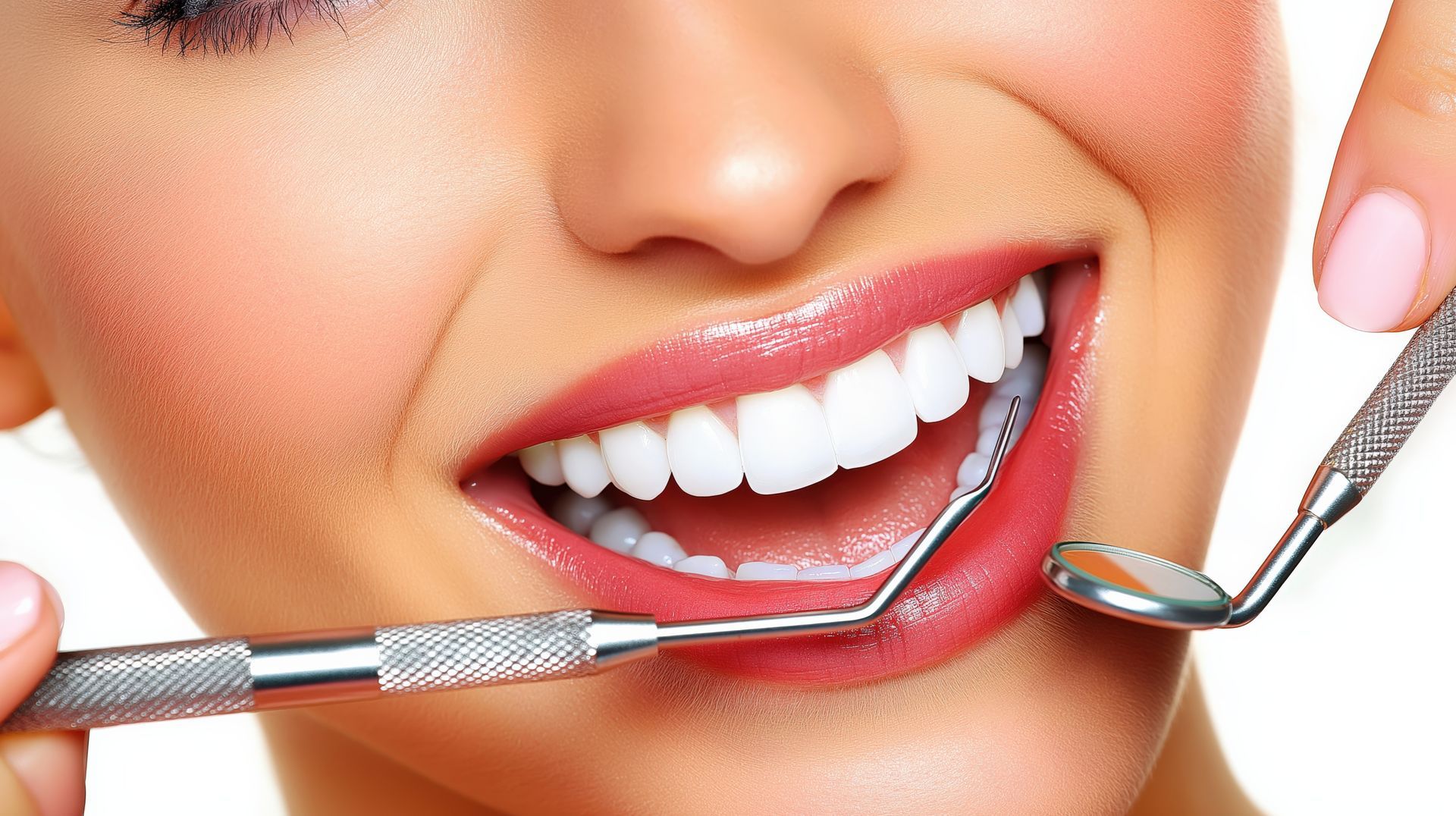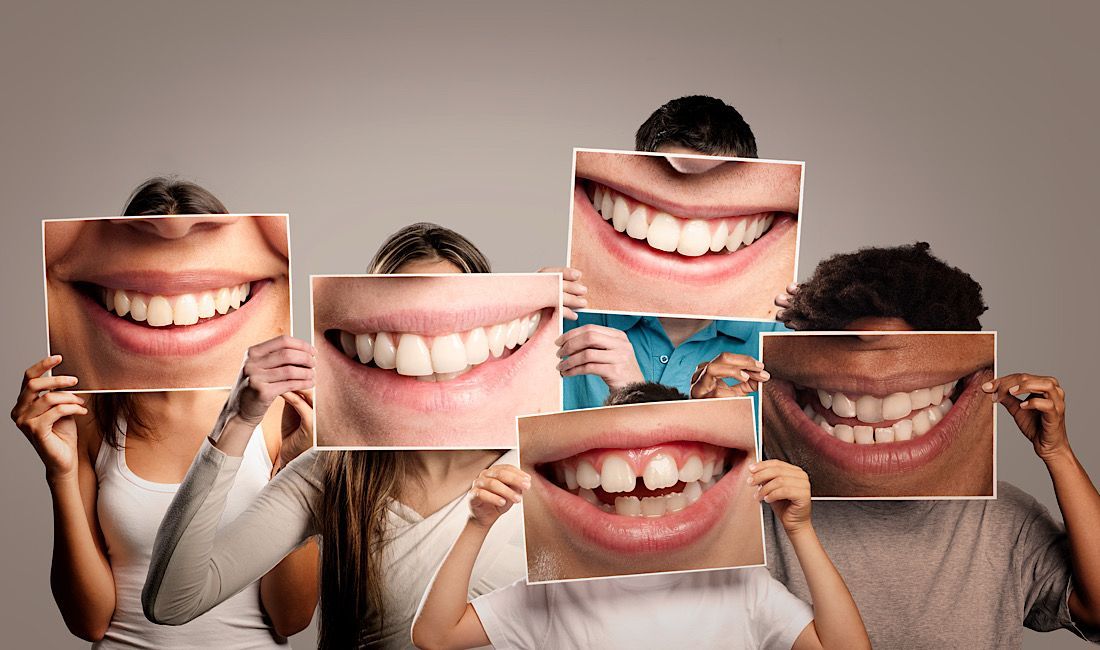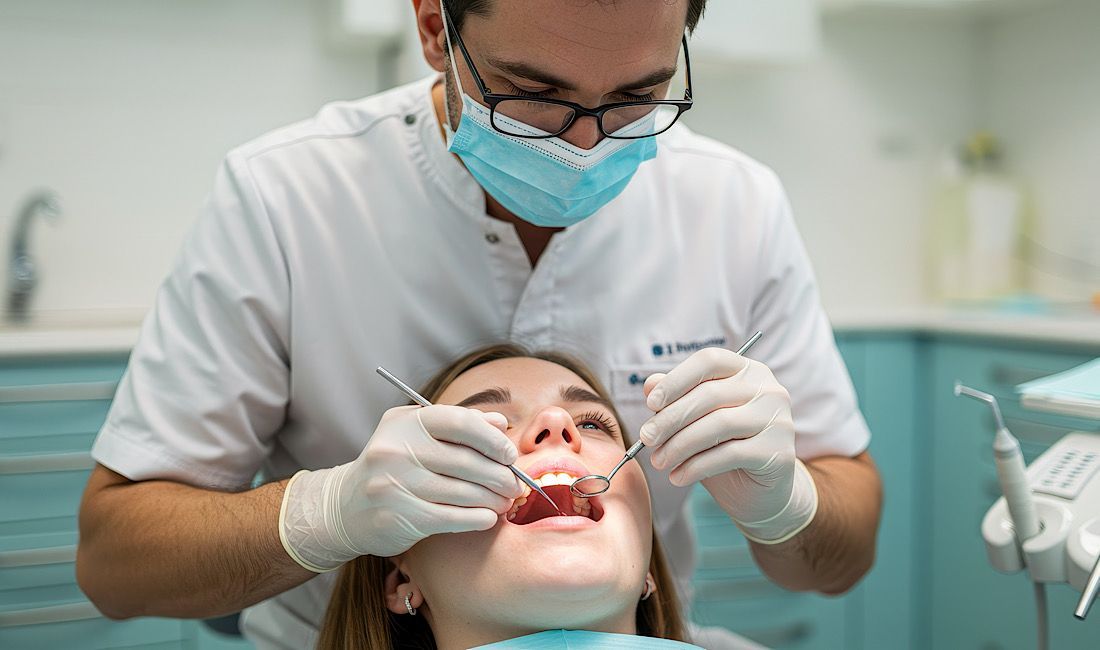Practice news
Ready to Rebalance Your Smile?
Book your gum contouring consultation at NEXT Dentistry. We’ll map your ideal gumline, preview your results, and customize a plan that fits your timeline and budget.
NEXT Dentistry
Schedule Online • Call 831‑449‑4567 • 110 Harden Pkwy, Suite 102, Salinas, CA 93906
Contact info
Email: smile@nextdentistry.com
Call: 831-449-4567
Fax: 831-449-2986
Practice Hours
- Mon, Wed, Thu
- -
- Tuesday
- -
- Fri - Sun
- Closed
© 2026
All Rights Reserved | NEXT dentistry










